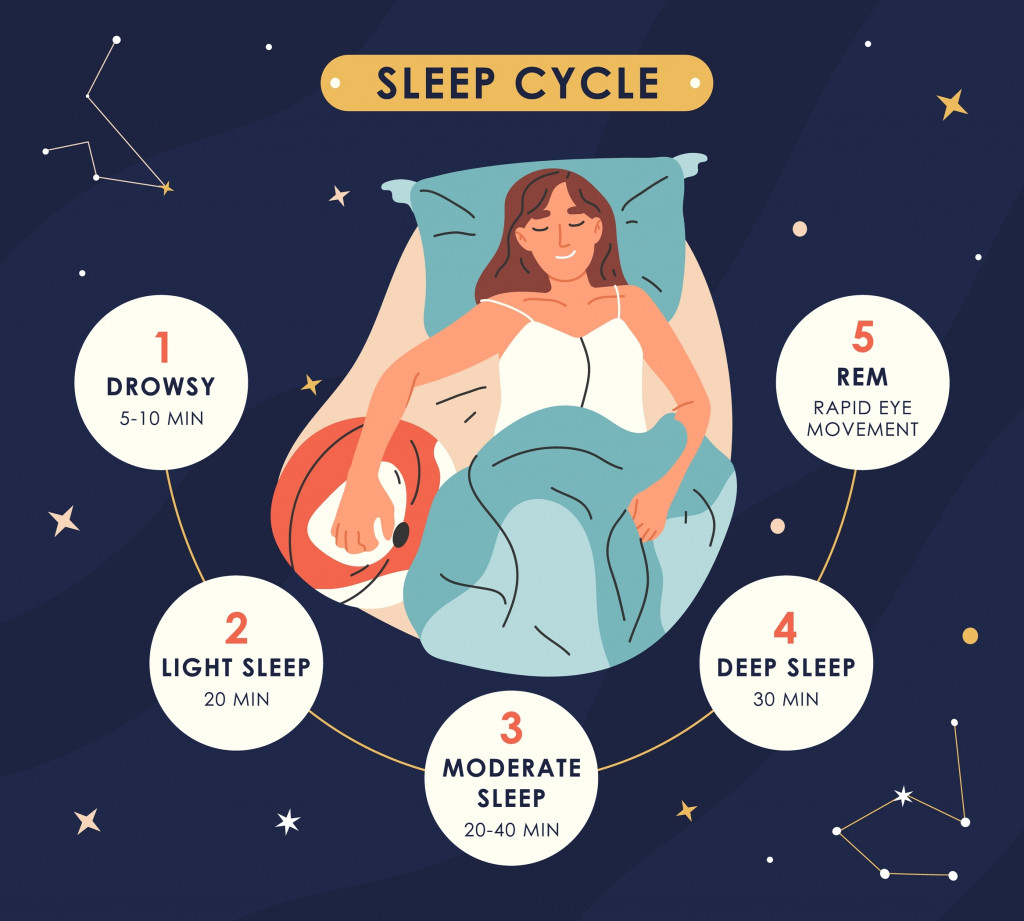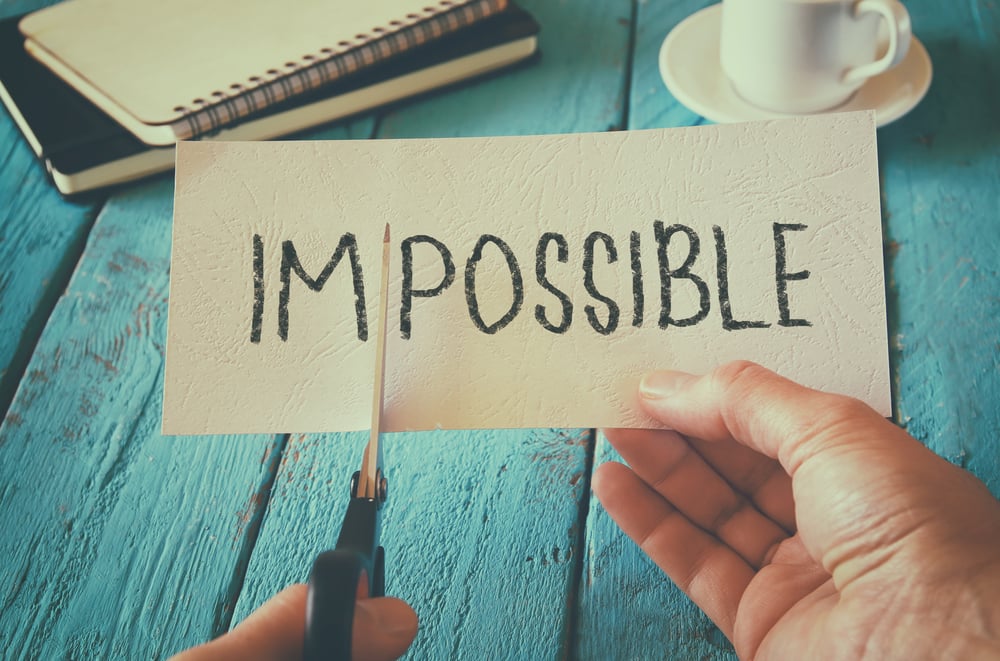Table of Contents (click to expand)
You may not be able to control what you dream, but you may be able to better remember those dreams after you wake up! Research finds that waking up gradually from your sleep, journaling, and talking about your dreams may help you better recall them.
Whether you love or hate the Twilight series, no one can deny that the books were a massive success. In fact, if Stephanie Meyer hadn’t dreamed about a vampire story that fateful night, this gift or curse (depending on who you ask), wouldn’t be around today.
Who knows how many books or inventions are locked away in our dreams? Most of us would love to be able to tell our friends every detail of the crazy dream we had last night, but alas, many of us are bad at recalling these dreams. For most of us, it seems that our dreams fade away as soon as we wake up.
So how can we intentionally remember our dreams?
Recommended Video for you:
Why We Do Remember Some Dreams?
Contrary to what one might think, our brains are very active when we sleep. Our sleep can be classified into five stages and it is during the stage called “rapid eye movement” or REM sleep that people mostly report having dreams. It is important to note that dreams happen outside of this stage too, but not as much is known about them.
Brain activity recorded during the REM stage is similar to what it looks like when we’re awake. Therefore, waking up during this stage can also result in us remembering those dreams. Robert Stickgold, a professor at Harvard medical school, said that, “[…] it [remembering dreams] is about waking at the right time” in the Harvard Mahoney neuroscience institute (HMNI) letter. This could somewhat explain why we can recollect some dreams, especially vivid dreams when we wake up in the middle of the night.

Recent studies have also shown biological differences between people who can recall their dreams versus those who can’t. People with high brain activity in certain brain regions, such as the temporoparietal junction, are more likely to wake up frequently at night and recollect their dreams. You can read more about this in another article on this site called Why Can’t Some People Remember their Dreams?
We could go on and on about why some people might be able to remember their dreams over others. Scientists say that a neurochemical called noradrenaline might also play a role. However, we still need to answer our question of the day: Can we intentionally remember our dreams?

It is possible, but it will require a lot of training!
How To Remember Dreams?
As mentioned before, waking up frequently in the night can help us remember dreams, but that would probably open us up to experiencing the side effects of not sleeping properly. This could mean we might not able to concentrate in our class or even feel sick. There are other things we can do to help us in this quest!
Waking Up Slowly Could Mean All The Difference
Dr Barrett, a psychologist, emphasized in a HMNI newsletter that if you take your time waking up and just relax on your bed, your dreams might sometimes just flood back into your head.
Journaling
Writing down everything you remember when you wake up can help you retain your dreams more effectively.
Your Personality Matters Too
A study also showed that if you have the right attitude towards your dreams, you are much more likely to remember them. That means if you lose your motivation to actively recall dreams, then you might find it hard to be able to do so.
Talk About It
The more you get a dream out of your mind and talk about it, the more likely you are to remember them. This is the same trick some people use to remember certain concepts for school or college. When you explain to your friends what you studied last night, you’re more likely to remember the notes too.
These are just some of the ways you might be able to gear up for your dream-saving quest. It’s important to know that this may not be an ON-OFF switch. If you don’t want to recollect certain dreams, it is probably wise to be careful about this too!

You might be interested to know more about your dreams for one reason or another. Scientists are actively doing research on several aspects of our dreams, answering questions like why we dream every day. The study of dreams is called ‘Oneirology’ and there are countless books to explore on the subject.
As Hank Green would always say in his videos… Stay Curious.
References (click to expand)
- Remembering Dreams - Harvard Medical School. Harvard Medical School
- (2021) Stages of Sleep - Neuroscience - NCBI Bookshelf. The National Center for Biotechnology Information
- Eichenlaub, J.-B., Nicolas, A., Daltrozzo, J., Redouté, J., Costes, N., & Ruby, P. (2014, January 16). Resting Brain Activity Varies with Dream Recall Frequency Between Subjects. Neuropsychopharmacology. Springer Science and Business Media LLC.
- Gottesmann, C. (2011). The Involvement of Noradrenaline in Rapid Eye Movement Sleep Mentation. Frontiers in Neurology. Frontiers Media SA.












